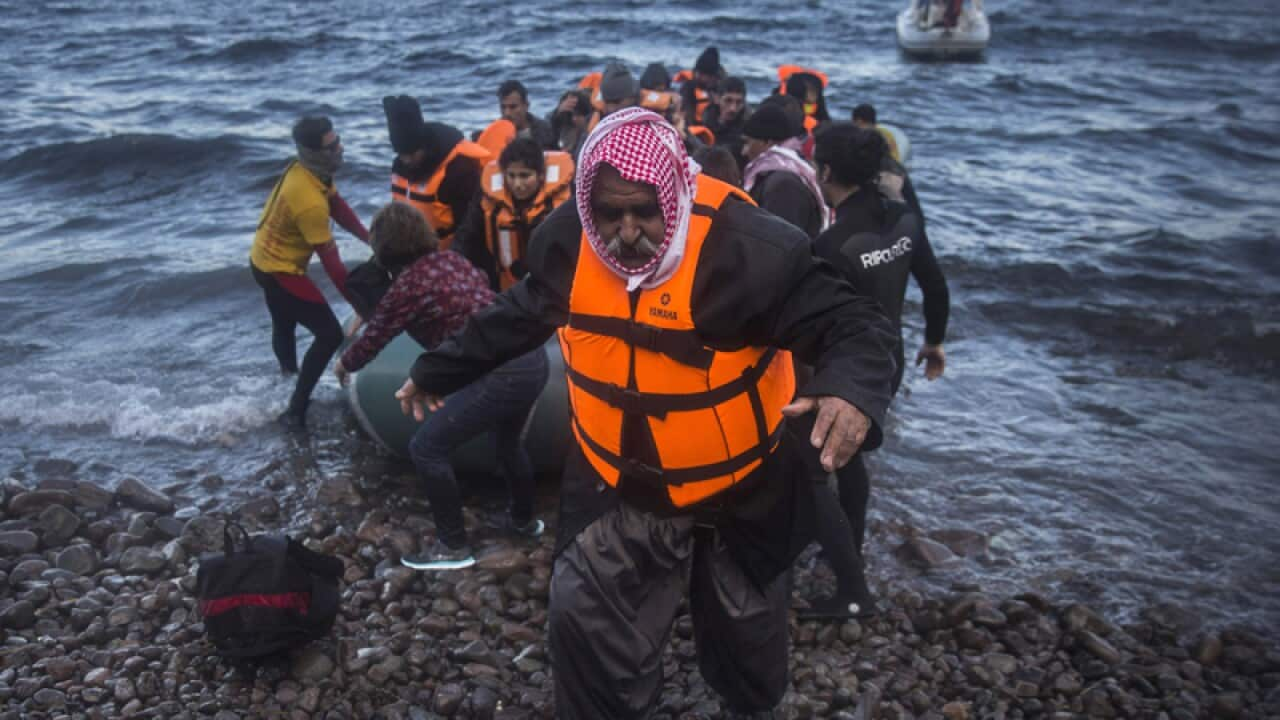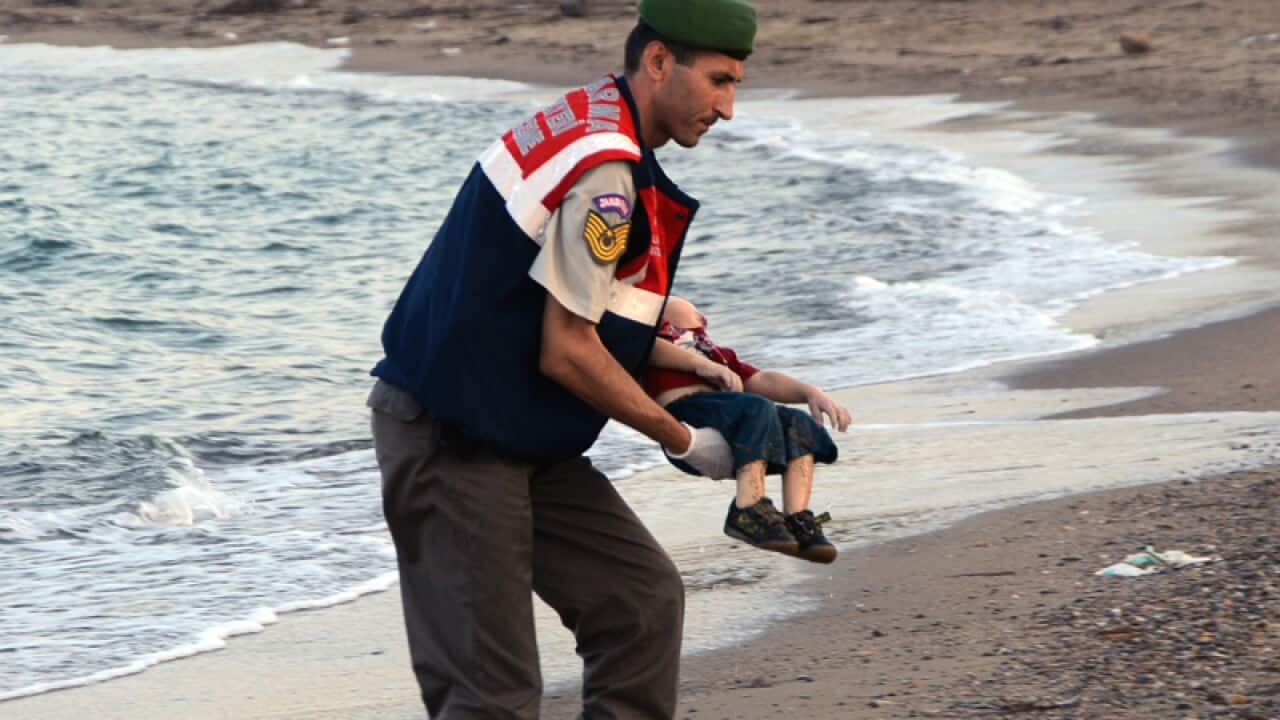As the flow of refugees into western Europe via the Balkan route continues at a steady rate of about 3,000 people per day, Syrians fleeing the war complain that their situation has been made even more difficult in recent weeks because of an increased number of expertly forged or stolen Syrian documents used by non-Syrian migrants hoping to reach Europe.
The pressure on migrants to use forgeries increased as Balkan countries began filtering the flow of people in November, granting passage to those fleeing conflicts in Syria, Iraq and Afghanistan but blocking the entry to others from Africa and Asia.
Since the measure was introduced, hundreds were turned away at the Macedonia-Greek border.
"So, the police, the border police here is checking closely all the documents and whenever they see fake documents, then, these people are returned to Greece," said Barbara Colzi, an UNHCR officer working at the camp near Gevgelija.
"And UNHCR, our role is to inform them about the possibility and their right to seek asylum in Macedonia, if they wish to do so. Otherwise, in most other cases, the border police returns them to the Greek border. Those who have fake documents," she added.
Syrians already housed in a temporary camp only hundreds of meters inside Macedonian territory say the situation makes their goal of reaching western European countries even more difficult, as the rise in numbers of forgeries causes stricter border controls and overcrowding.
"We, the Syrian people, we were living outside of Europe, in Turkey, Lebanon, Qatar, Baghdad -- outside of Syria. Then some people in Turkey and Lebanon started pretending they were Syrians and travel as if they are Syrians. And now that created overcrowding and now it's become hard for us to go to Europe," said Abdul, a Syrian migrant from Homs.
Syrian passports are highly sought after in Lebanon and Turkey, countries that most migrants arriving to the Balkans pass through on their way to Greece, and the price of fake documents is rumoured to be between 1,000 and 3,000 euros on the black market.
"They (smugglers) take 65 or 70 people on the boat, and they can't sale that boat, then they forge passports for them, for Farsi, Pakistanis, Afghans, Egyptians, Moroccans and Algerians. The whole world is forging - under the name of Syrians," said Ahmed, another migrant from Homs.
More than 1 million refugees and migrants came to the European Union this year, while almost 3,700 died or went missing in perilous journeys which reaped huge profit for smugglers, the International Organization for Migration (IOM) said earlier this week.



